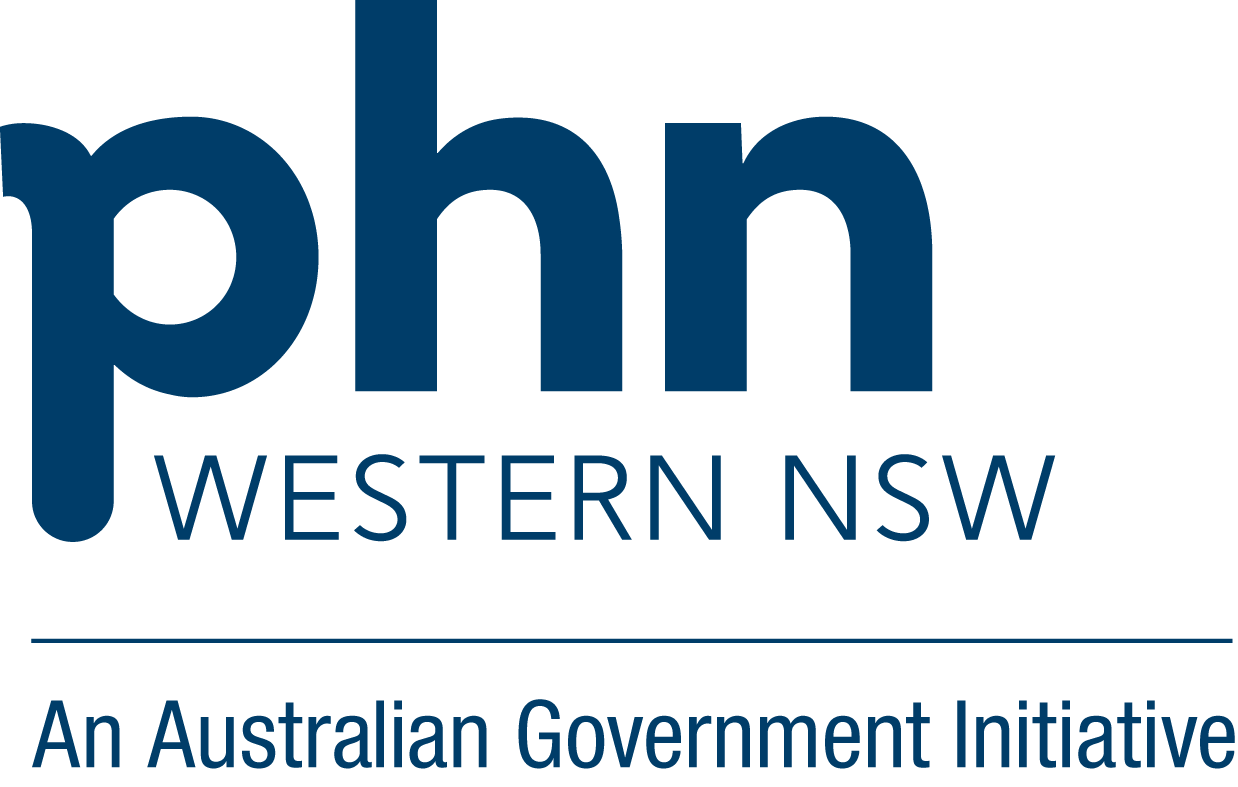Not sure where to begin?
It can be overwhelming to know where to begin when trying to navigate the system. Here you can find some general information that could be helpful.
If you would rather speak to someone who can help you to find the right service you can do that here.
When you or someone you care about is going through a hard time or are experiencing mental health challenges, finding the right support and information can make a huge difference. Knowing where to seek help is a key step towards recovery.
What's mental health?
Our mental health affects how we feel, think, behave, and relate to others. Over our lifetime, our mental health can change as we experience different events or situations. It could be a change in a relationship, employment, or living situation, or something deeper like a spiritual or cultural connection that causes you to feel differently.
What's suicide prevention?
Suicide affects people of all ages and backgrounds. To help prevent suicide, it’s important we learn how to recognise its warning signs so as a community we can do our best to prevent it. Suicide prevention is a responsibility shared by everyone in the community.
Learn more about the warning signs to help prevent suicide at Black Dog Institute
What services can I access in Western NSW?
There are a range of different services available in our region. You can search for local services based on service type and location in our database here. If you are not sure what kind of service you are looking for or feel a bit overwhelmed by options you can speak to someone here who can talk about how you are feeling and help you find the right service for you.
What's the difference between services?
Who should I speak to first and what can I expect?
If you're worried about your mental health or the health of someone you care about, a good place to start is your local General Practitioner (GP), also known as a doctor. GPs can make a diagnosis, prescribe medication, and/or refer you to other specialists, health professionals and support groups. GPs can also rule out any physical health problems that may be contributing to the way you are feeling. Your GP may even begin a mental health care plan with you.
Visit SANE Australia for help and advice on how to talk to your GP about Mental Health
A mental health care plan can be useful for people with minor or serious mental health conditions, as well as short-term concerns or long-term illnesses. You don’t have to be diagnosed with a mental health condition to talk to your doctor about making a mental health care plan.
What rights do I have?
It’s important to know your rights when you access mental health or suicide prevention support. You are entitled to ask your doctor about your medical records or medications, you can also have a say in who can and can’t visit you if you’re in hospital.
Learn more about your rights in the mental health and human services systems in New South Wales by viewing the Mental Health Rights Manual.

